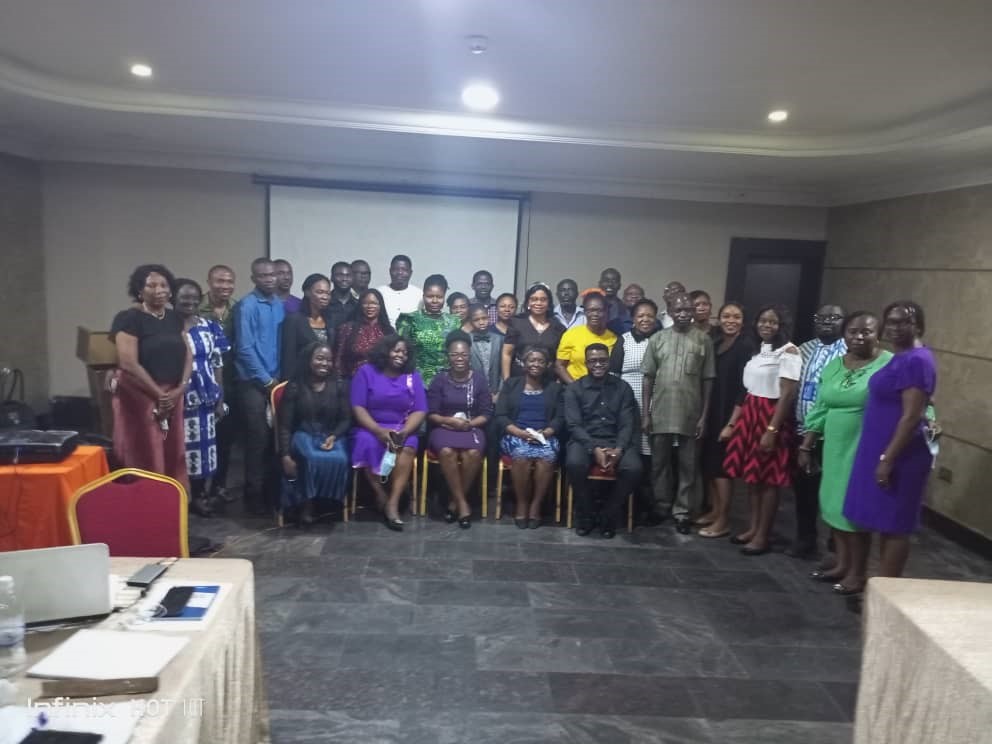
A Cross Section of Participants
Objectives of the Programme
1. To provide a progress update on the AYPHD implementation plan.
2. To validate the State implementation Plan for AYPHD
3. To validate the draft of the AYPHD Implementation Plan and
4. To revise the National Policy on The Health and Development of
Adolescents and Young people in Nigeria (2021 – 2022).
Rivers State Policy Domestication Process: The Rivers State Ministry of Health (RMOH) in collaboration with various MDAs and partners, commenced the process and adaptation in September 2021.
Advocacy and Stakeholder’s Engagements. Advocacy Courtesy Visit. Situational Analysis of Adolescent Health and Development.
The Review Process:
A four (4) day UNICEF funded meeting was conducted on the 19th – 22nd of October 2021.
Development of the Draft Rivers State Implementation Plan (Informal Reviews via Skype).
Where We Are?
Presentation by Dr. Adebayo Emmanuel
Situation Analysis of Adolescents and Young people’s Health and Development in Rivers State.

Session ongoing
Overall, one thing that was very prominent, was the “lack of dissemination of information”, because of indiscriminate documentation.
For the first time in Nigeria, we are beginning to include Adolescent indicators.
Adolescents are properly captured, going forward. We should know that 50% of the population are Adolescents ranging from the age of 10 – 24 years. Increase in non-communicable diseases because children are involved in lesser physical activities. Sexual activity, contraception, unintended pregnancy, and abortion among young people. Early marriage and childbearing, co-habiting is on the increase. AYP HIV Cascade (Number of people living with HIV).
FLHE is the most effective approach in Nigeria now, but implementation has been slow. FLHE has trained teachers/students alike.
Substance Use is very high in Rivers State. It has led to a high increase in admission in clinics (psychological clinics). Accidents and Homicide; high rate of mortality for young boys. Communicable diseases account for 41% – 43% of causes of death in Rivers State.
School Healthcare System Response; if a school health system works very well (youth-friendly facilities/services); young people will become healthy and healthier. Rivers State has a document that strictly addresses Adolescents (Rivers State Strategic Health Development Plan). There is more to Adolescents than Sexual Reproductive Issues.
Some Components of the Implementation Plan:
Sexual and Reproductive Health and Rights
Mental Health, Substance Use, and Addiction
Violence and Injury.
Nutrition and Physical Activity
Non-Communicable Diseases and Disability
Communicable Diseases
Oral Health
How the Implementation Plan is developed?
The vision of the policy, Mission of the policy, Key Implementation Strategies, and Advocacy are key in everything.
Implementation Programmatic/Thematic Areas and Key intervention Activities:
• Policy and legal framework for adolescent health in Rivers State
• Service delivery for AYP in Rivers State
• Basic infrastructure for the health of AYP in Rivers State
• Human resources for the health of AYP in Rivers State
• Family and community systems
• Sexual and reproductive health and rights of adolescents and young people
• Mental Health and Substance abuse
• Nutrition and Physical activity
• Oral health
• Violence and injury
• Mortality and morbidity among adolescents and young people
• Non-communicable diseases and disability
Communicable diseases.
Note: Have State-Level Data, it helps.
Most of the HIV/AIDS Programmes, focus more on normal Adolescents, excluding Adolescents with Special needs.
Breakout Sessions (In Groups):
The groups analyzed the thematic areas of the interventions and made inputs where necessary.
Dr. Adebayo Emmanuel added, “just because something is a good idea, does not mean, it’s sustainable”. Come new Government, comes new policies. Government can’t do everything, hence, the need for partners.
In closing and to do a formal adoption of the validated document; Dr. (Mrs) Smith, thanked everyone present, partners, and CHAI for helping us fill this gap. By 2021 we came together to carve out a roadmap and niche for our Adolescents. There were facilities, vision, and structure for that phase. We are on a cause of defining the personalities of our Adolescents. On behalf, of the Permanent Secretary, Rivers State Ministry of Health, and other Ministries, we adopt the validation of this document. Congratulations!!!

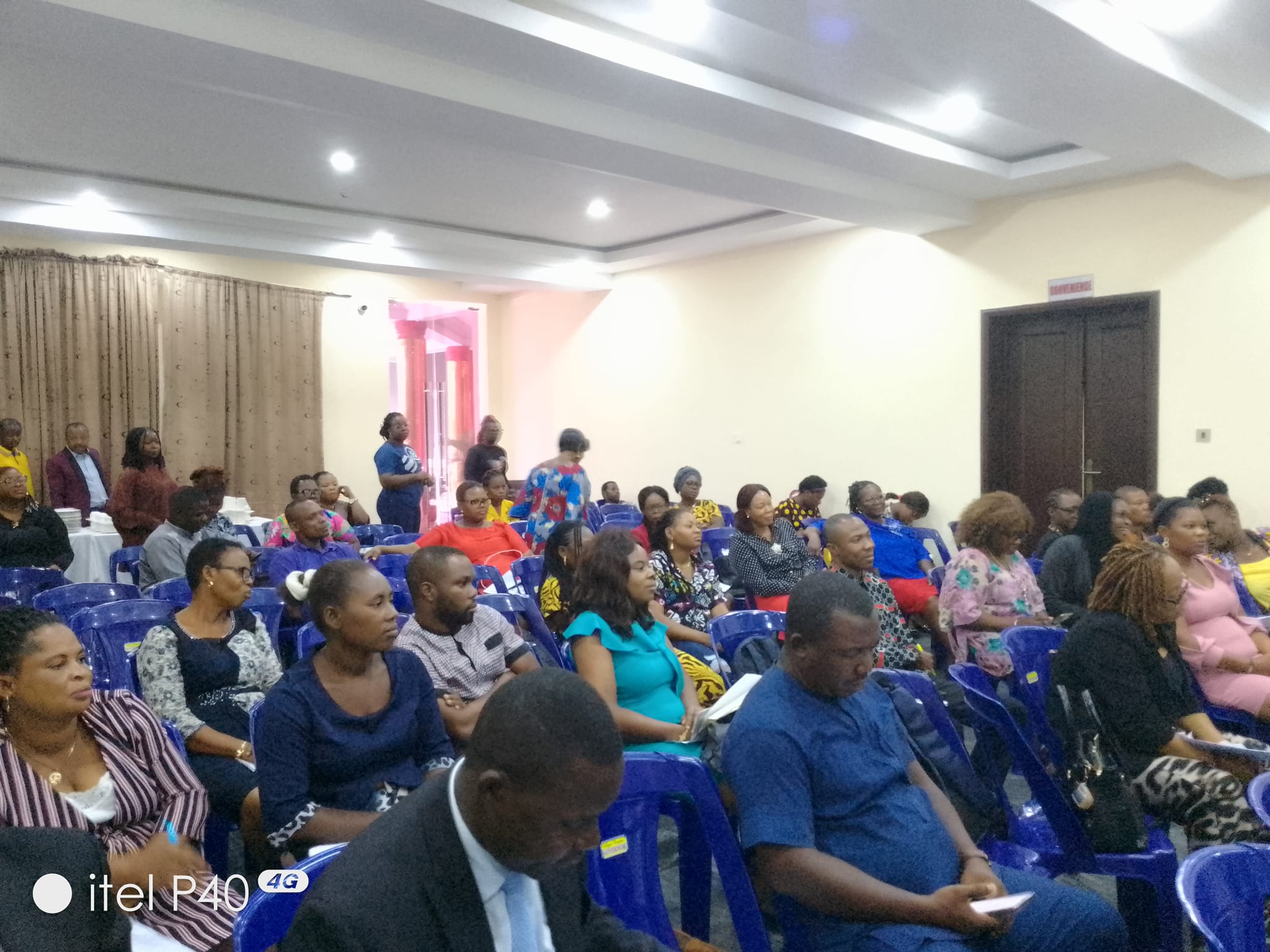


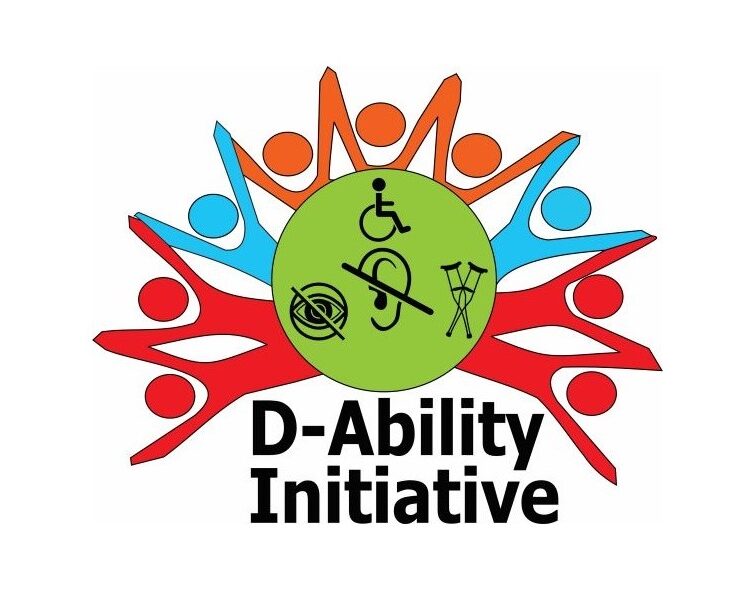

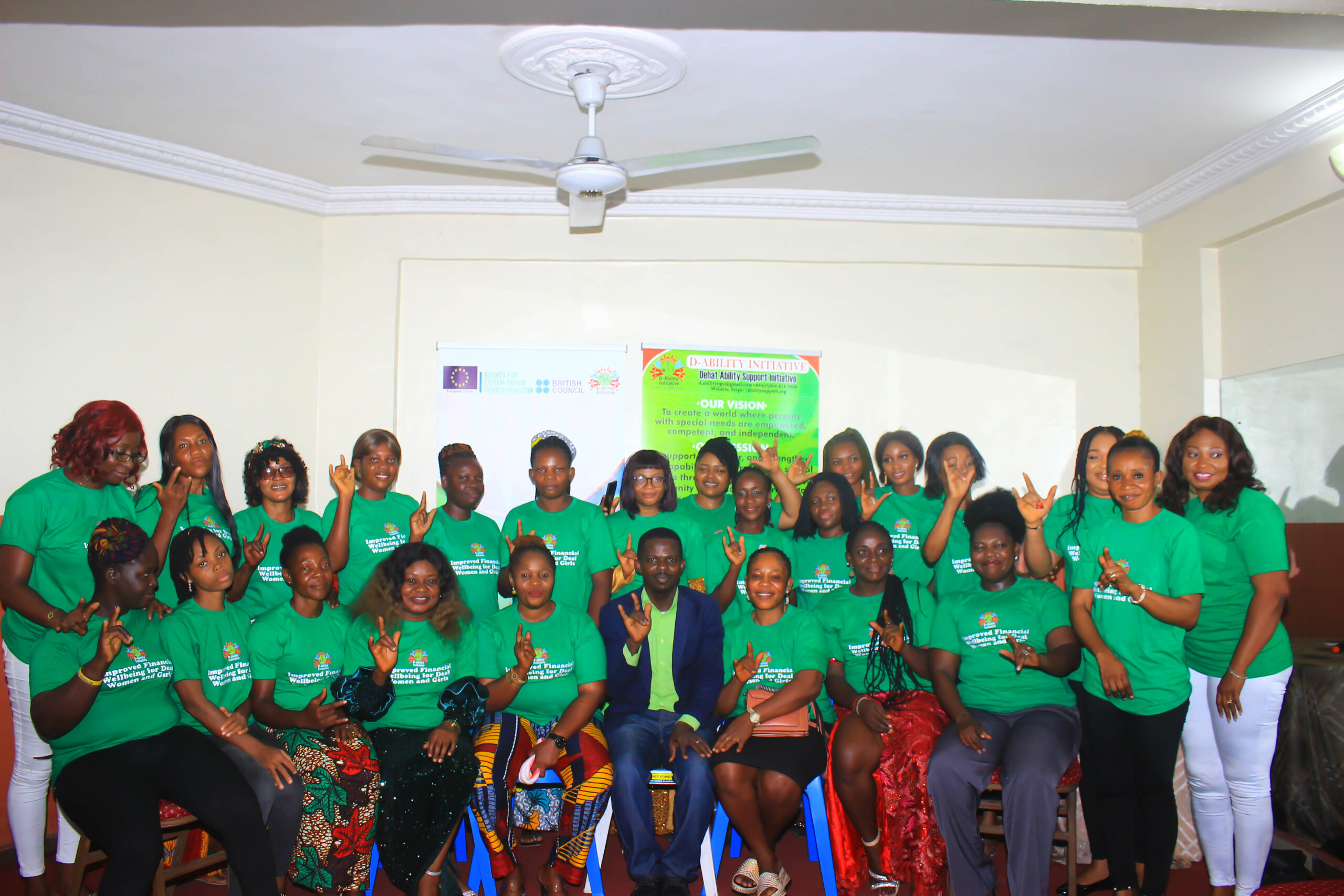




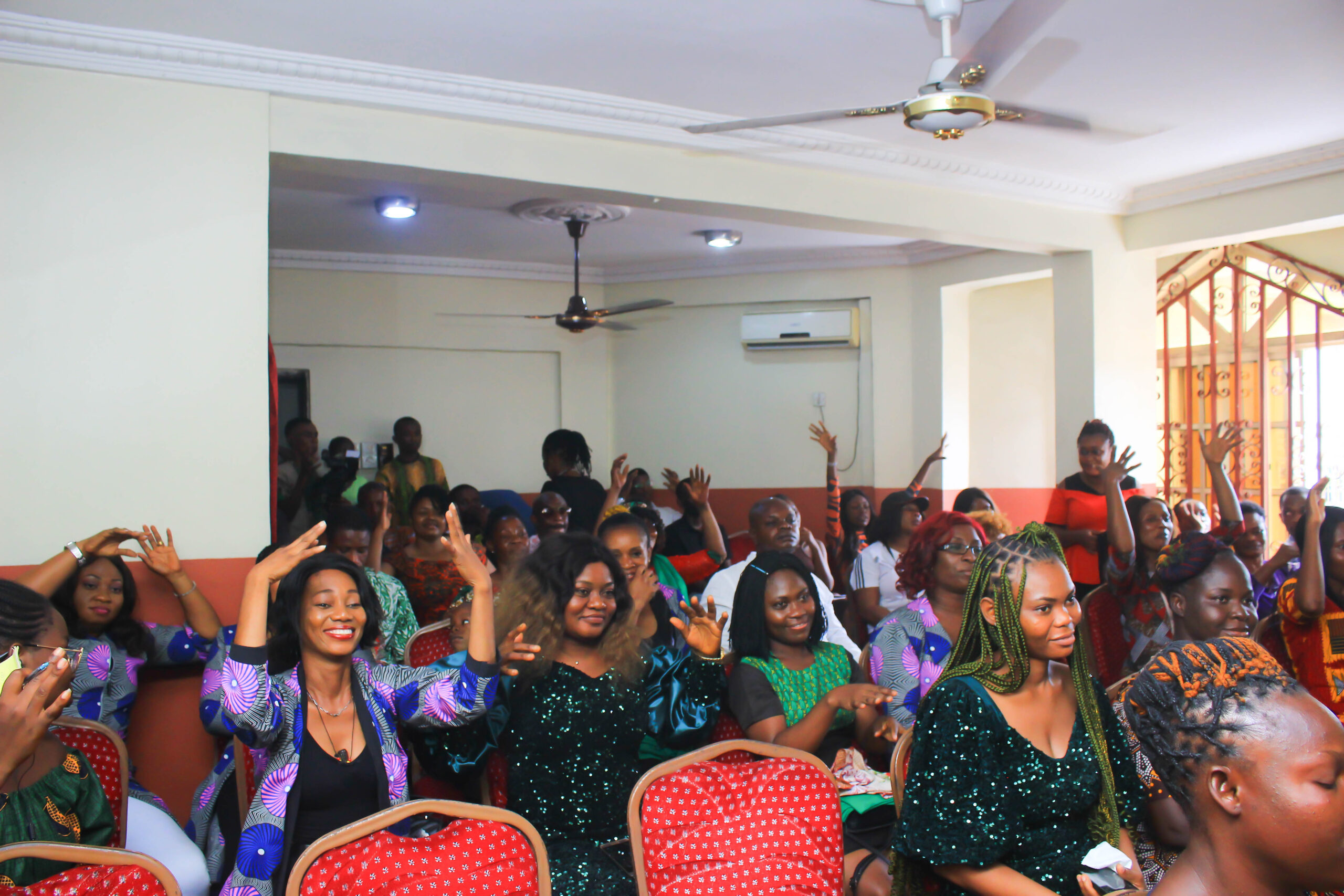
 Mrs. Chi Oduagu, another trainer expressed satisfaction with the effort put in by the trainees in the course of the training, stating that they
Mrs. Chi Oduagu, another trainer expressed satisfaction with the effort put in by the trainees in the course of the training, stating that they living and live independently. She said: “this is the first time anyone remembered to carry out a project for us the Deaf women. We are very grateful to the D-Ability Initiative and to the European Union. I now have a skill. People have been telling me to make dresses for them. I need a sewing machine to do that. I am happy I can now make beautiful dresses.”
living and live independently. She said: “this is the first time anyone remembered to carry out a project for us the Deaf women. We are very grateful to the D-Ability Initiative and to the European Union. I now have a skill. People have been telling me to make dresses for them. I need a sewing machine to do that. I am happy I can now make beautiful dresses.”



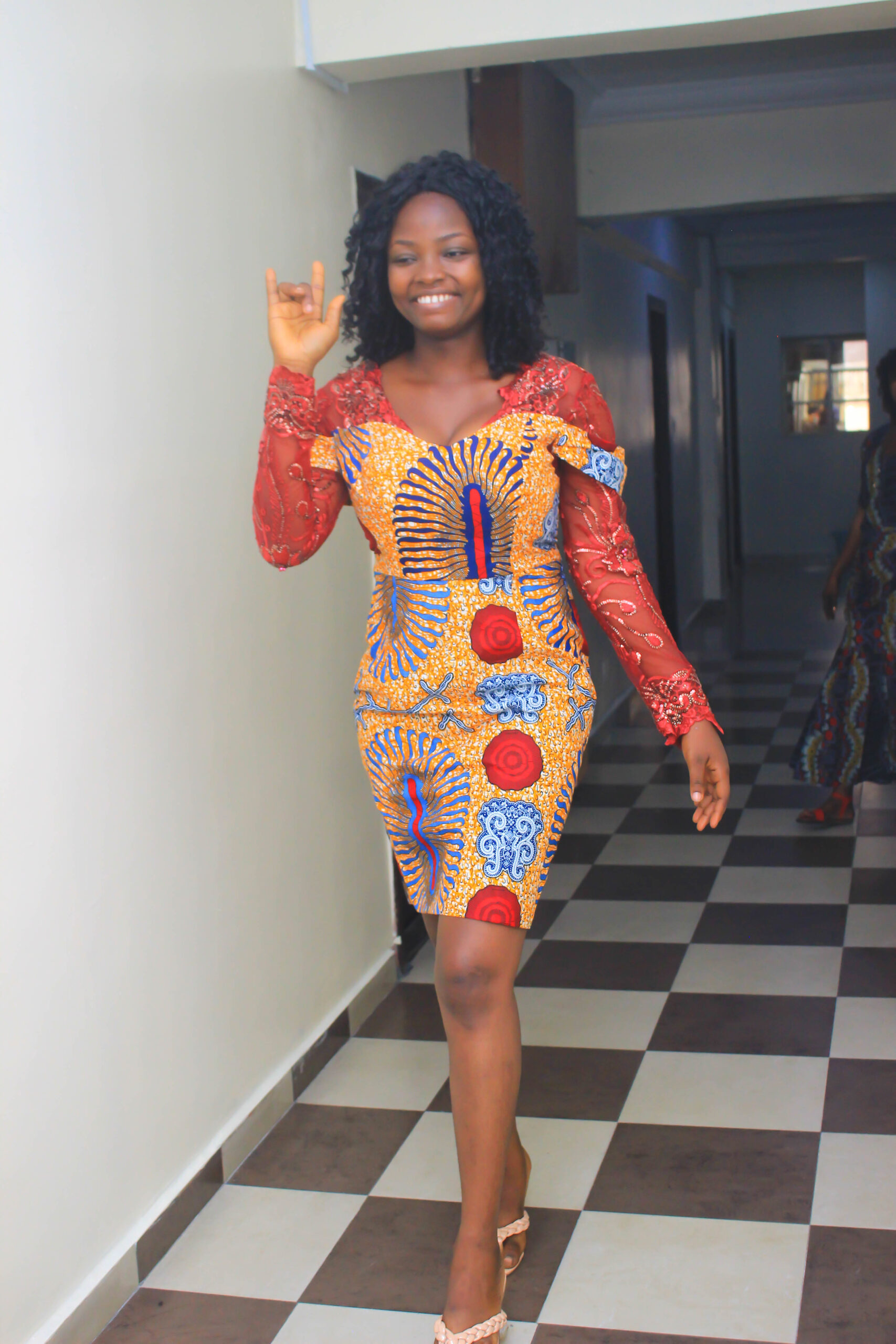














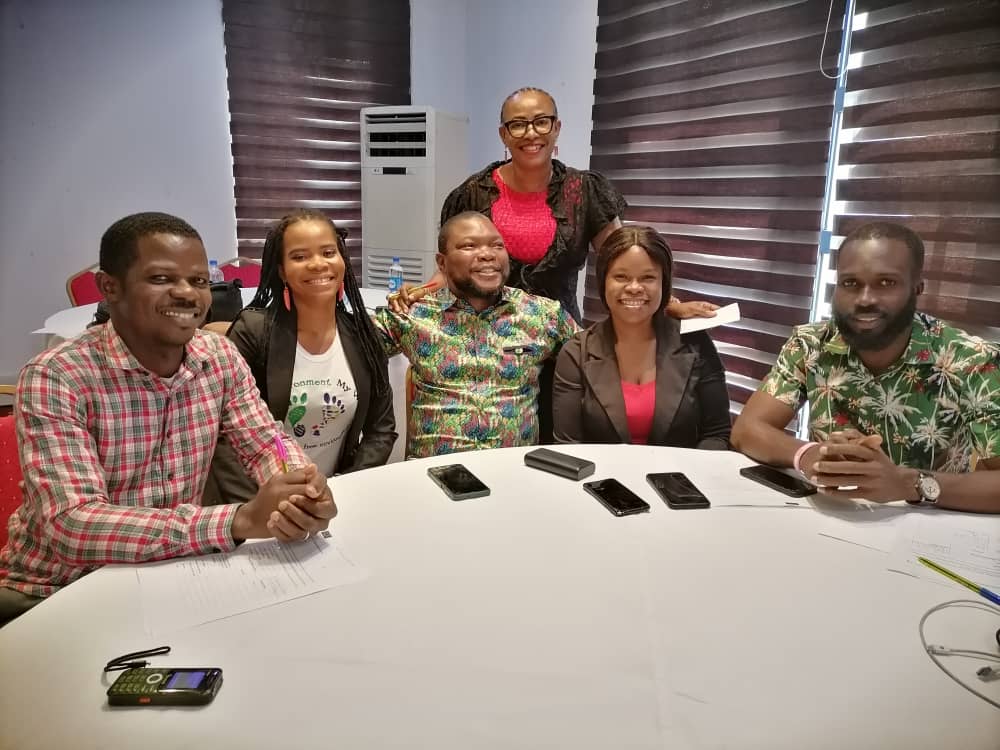



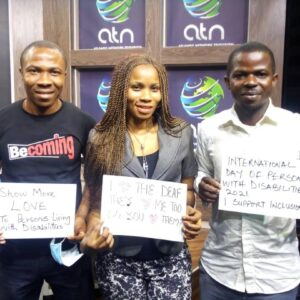




 This is our responsibility. Through all possible and legitimate means, we sensitize the public on the challenges of the Deaf and Hard of Hearing community. We also enlighten them on the need to accommodate, respect, and uphold the rights of persons with disability, with a focus on the Deaf and Hard of Hearing people in particular.
This is our responsibility. Through all possible and legitimate means, we sensitize the public on the challenges of the Deaf and Hard of Hearing community. We also enlighten them on the need to accommodate, respect, and uphold the rights of persons with disability, with a focus on the Deaf and Hard of Hearing people in particular.